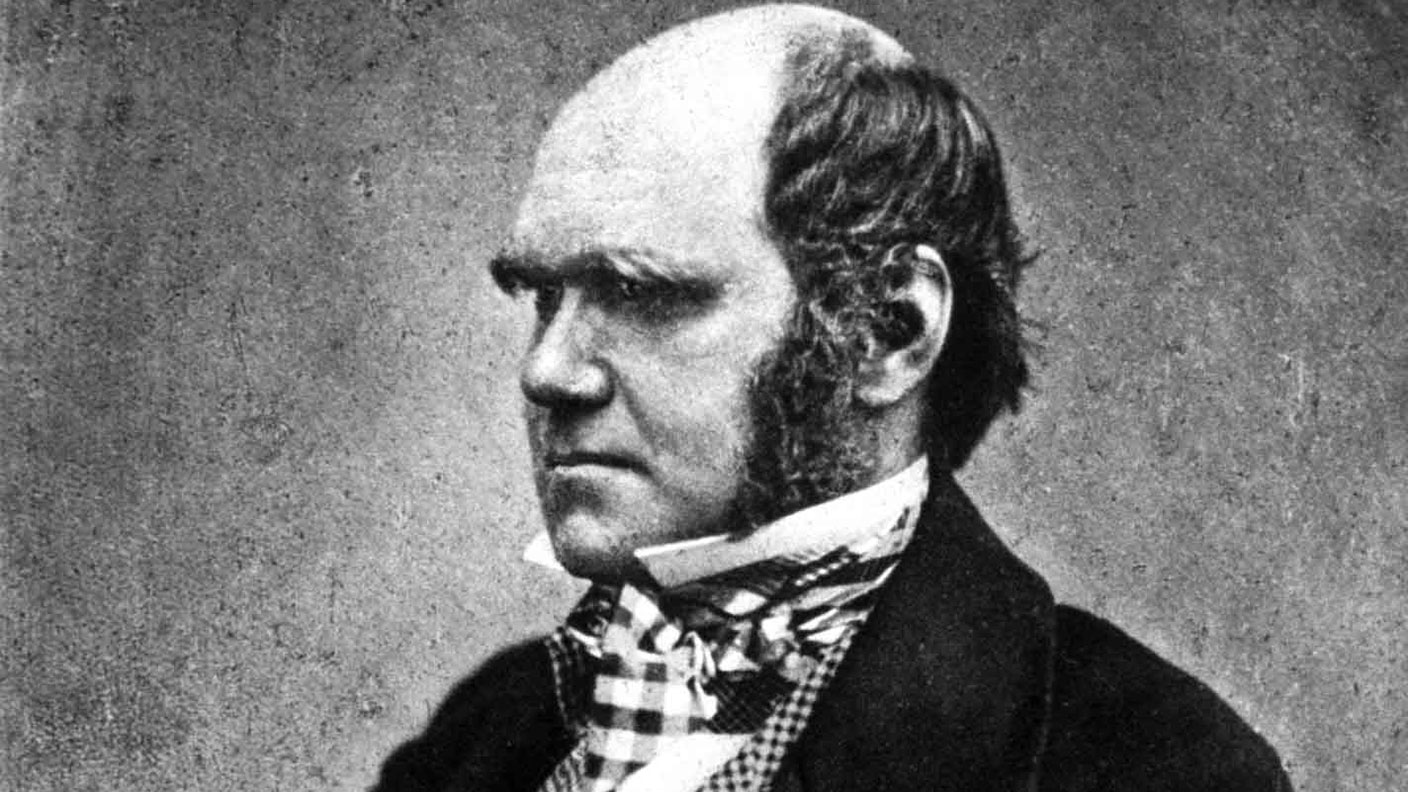24 November 1859: Charles Darwin publishes “On the Origin of Species”
On this day in 1859, Charles Darwin published “On the Origin of Species”, the book considered by many to be the cornerstone of evolutionary biology.

Get the latest financial news, insights and expert analysis from our award-winning MoneyWeek team, to help you understand what really matters when it comes to your finances.
You are now subscribed
Your newsletter sign-up was successful
Want to add more newsletters?

Twice daily
MoneyWeek
Get the latest financial news, insights and expert analysis from our award-winning MoneyWeek team, to help you understand what really matters when it comes to your finances.

Four times a week
Look After My Bills
Sign up to our free money-saving newsletter, filled with the latest news and expert advice to help you find the best tips and deals for managing your bills. Start saving today!
Charles Robert Darwin was the son of a wealthy doctor who developed an interest in natural history while studying medicine at Edinburgh University. But it was while studying natural theology at Cambridge that he found his vocation.
His obsession with collecting beetles and the scholarly friends he made at Cambridge eventually led to an invitation to board HMS Beagle for its second survey voyage. A letter from the professor of botany describes his role on the voyage "not as a finished naturalist, but as a gentleman amply qualified for collecting, observing, and noting any thing worth to be noted in Natural History".
The publication of Darwin's letters and reports from South America and the Galapagos islands established his reputation as a geologist of real standing. Among his most important findings was that the finches found on different islands were fundamentally similar in shape, but displayed variations in size and claws the result, he theorised, of natural selection'.
MoneyWeek
Subscribe to MoneyWeek today and get your first six magazine issues absolutely FREE

Sign up to Money Morning
Don't miss the latest investment and personal finances news, market analysis, plus money-saving tips with our free twice-daily newsletter
Don't miss the latest investment and personal finances news, market analysis, plus money-saving tips with our free twice-daily newsletter
After returning to England, he married Emma Wedgwood in 1839 and settled down with a family in London. He began working in private to develop his ideas on evolution and transmutation while maintaining a career publishing essays and articles.
After nearly 30 years of research, he published On the Origin of Species by Means of Natural Selection, or The Preservation of Favoured Races in the Struggle for Life on this day in 1859. It sold out its initial print run within days. By the time of Darwin's death, the book had gone through six editions.
It is often thought that the time it took for Darwin to publish his great work was due to his fears of a backlash from the Church, and it is true that some dismissed the book as heresy; but more liberal religious authorities were able to reconcile his theories with divinity. What was undeniable was the book's immediate success both as a scientific text and as a fixture of popular culture.
Get the latest financial news, insights and expert analysis from our award-winning MoneyWeek team, to help you understand what really matters when it comes to your finances.
-
 Should you buy an active ETF?
Should you buy an active ETF?ETFs are often mischaracterised as passive products, but they can be a convenient way to add active management to your portfolio
-
 Power up your pension before 5 April – easy ways to save before the tax year end
Power up your pension before 5 April – easy ways to save before the tax year endWith the end of the tax year looming, pension savers currently have a window to review and maximise what’s going into their retirement funds – we look at how
-
 31 August 1957: the Federation of Malaya declares independence from the UK
31 August 1957: the Federation of Malaya declares independence from the UKFeatures On this day in 1957, after ten years of preparation, the Federation of Malaya became an independent nation.
-
 13 April 1960: the first satellite navigation system is launched
13 April 1960: the first satellite navigation system is launchedFeatures On this day in 1960, Nasa sent the Transit 1B satellite into orbit to provide positioning for the US Navy’s fleet of Polaris ballistic missile submarines.
-
 9 April 1838: National Gallery opens in Trafalgar Square
9 April 1838: National Gallery opens in Trafalgar SquareFeatures On this day in 1838, William Wilkins’ new National Gallery building in Trafalgar Square opened to the public.
-
3 March 1962: British Antarctic Territory is created
Features On this day in 1962, Britain formed the British Antarctic Territory administered from the Falkland Islands.
-
10 March 2000: the dotcom bubble peaks
Features Tech mania fanned by the dawning of the internet age inflated the dotcom bubble to maximum extent, on this day in 2000.
-
9 March 1776: Adam Smith publishes 'The Wealth of Nations'
Features On this day in 1776, Adam Smith, the “father of modern economics”, published his hugely influential book The Wealth of Nations.
-
 8 March 1817: the New York Stock Exchange is formed
8 March 1817: the New York Stock Exchange is formedFeatures On this day in 1817, a group of brokers moved out of a New York coffee house to form what would become the biggest stock exchange in the world.
-
7 March 1969: Queen Elizabeth II officially opens the Victoria Line
Features On this day in 1969, Queen Elizabeth II took only her second trip on the tube to officially open the underground’s newest line – the Victoria Line.